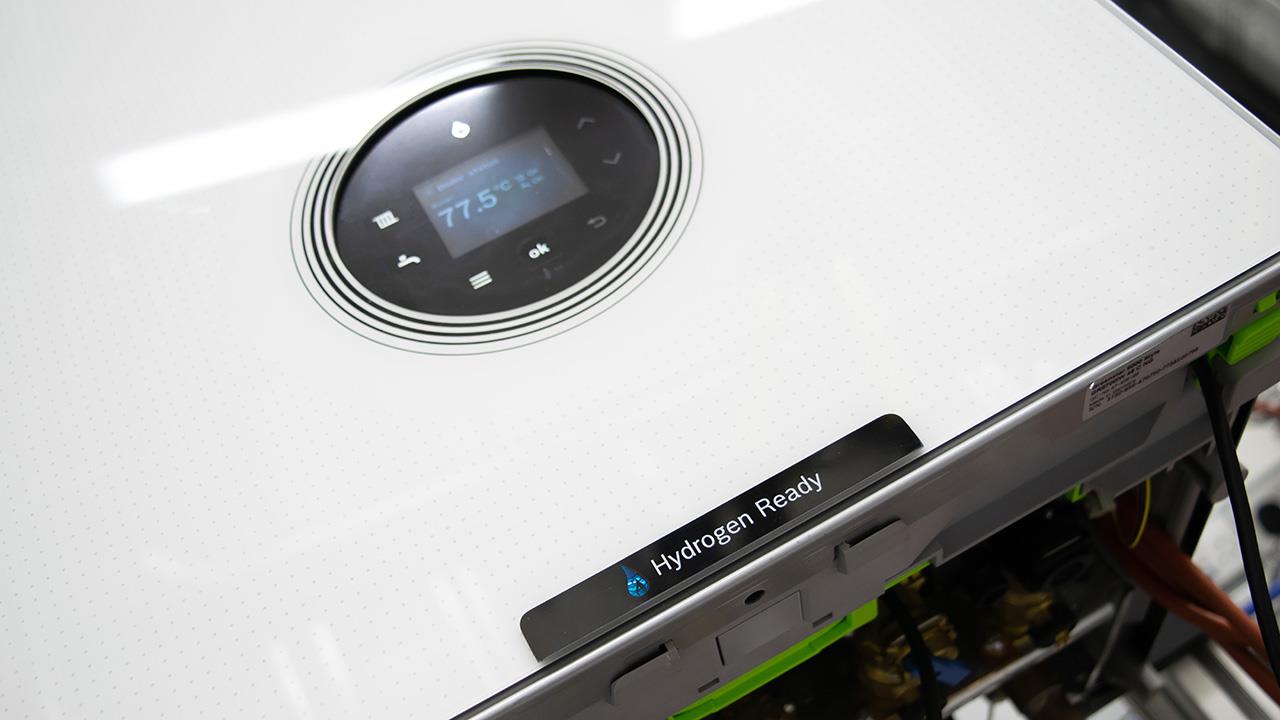


Martyn Bridges, Director of Technical Communication and Product Management at Worcester Bosch, discusses the recent progress report from the Committee on Climate Change.
The Committee on Climate Change releases a report every year which provides guidance, and sometimes criticism, about how the country is progressing towards its climate change targets. Their 2020 report is the first one since the targets were changed to net-zero by 2050.
As this is an annual report it does bear a resemblance to previous reports and is more or less a standard summary. However, there is a bit more detail if read closely, with a critical bit for the heating industry being the impact in homes.
Here are some of the key pull outs from the progress report.
Lack of policy in certain areas is a concern
The CCC states that emissions from buildings accounted for approximately 18% of direct emissions in 2019. They believe that in building and heating policy, Wales and Scotland are mentioned as making good progress in addressing energy efficiency and low carbon heat, yet there seems to be a distinct policy gap in this area in England.
It has been promised but we are yet to have anything concrete. Papers such as the Clean Heat Strategy have been released and other documents talk about policy intention, but we are not really at the same place as our neighbouring countries when it comes to putting proper policy into position.
Implementing the Buildings and Heat Strategy (BHS) report
We are expecting the BHS report later this year. The CCC states that this must take low carbon heating from a niche market in the UK to the dominant form of new heating installation by the early-2030s.
There has been various intention and funding already, with the Renewable Heat Incentive and more recently the funding for clean heat. But you can see the CCC want to see more action than words.
Improving energy efficiency of UK buildings
The report states that there needs to be a national effort to improve the energy efficiency of UK buildings while ensuring safety and comfort.
This is an issue, but not one that can be solved easily. If a property is owned by social housing, local authorities, or a landlord then it could be easier to do. But if a property is owned by an individual, actually going into their home and telling them they need to insulate the walls, change the windows and doors and so on… it is a lot easier said than done as it can be quite disruptive.
Greater funding for low carbon heating solutions
In its report, the CCC suggests achieving this through taxation that prioritises low carbon heating over fossil fuels. This is in essence ensuring that low carbon installations take place through force.
They also, without directly mentioning it, criticise the £4,000 grant funding that was about to support the installation of an air source heat pump, instead of an oil, LPG or coal firing boiler. They say that it shows lack of ambition, which I must disagree with. The grant is much higher than any other European country has put on the table to prime their low carbon market.
But this is still a dilemma as the expense of a heat pump is probably three to four times that of the cost of a replacement gas-fired boiler. We would support their acknowledgment of hybrid heat pumps in the future, for particularly combi-boiler installations. Otherwise the disruption for a homeowner would be enormous!
Acknowledgment of hydrogen
I was happy to see that the CCC have acknowledged that hydrogen has a future. However, much of what they say is that anything other than hydrogen will be expensive to install. They are basically asking for more funding to make the alternative solutions less expensive for the homeowner.
But all in all they just aren’t mentioning hydrogen as prominently as they are electricity.
Need for more practical input
Overall, the report does clearly outline our country’s progress towards net-zero. However, it is written by academics and scientists. People with a real desire to succeed with our climate change goals. That can’t be faulted, but I don’t think they bring too much practical input into this report.
They do not seem to acknowledge people’s properties that are not owned by the council. The public will push back if they are forced to choose more expensive heating systems and make changes to their houses to fit systems they aren’t used to. There is a slight distance from reality, so I hope for future reports the CCC bring in a bit more practicality with their suggestions.
If you'd like to keep up-to-date with the latest developments in the heating and plumbing industry, why not subscribe to our weekly newsletters? Just click the button below and you can ensure all the latest industry news and new product information lands in your inbox every week.